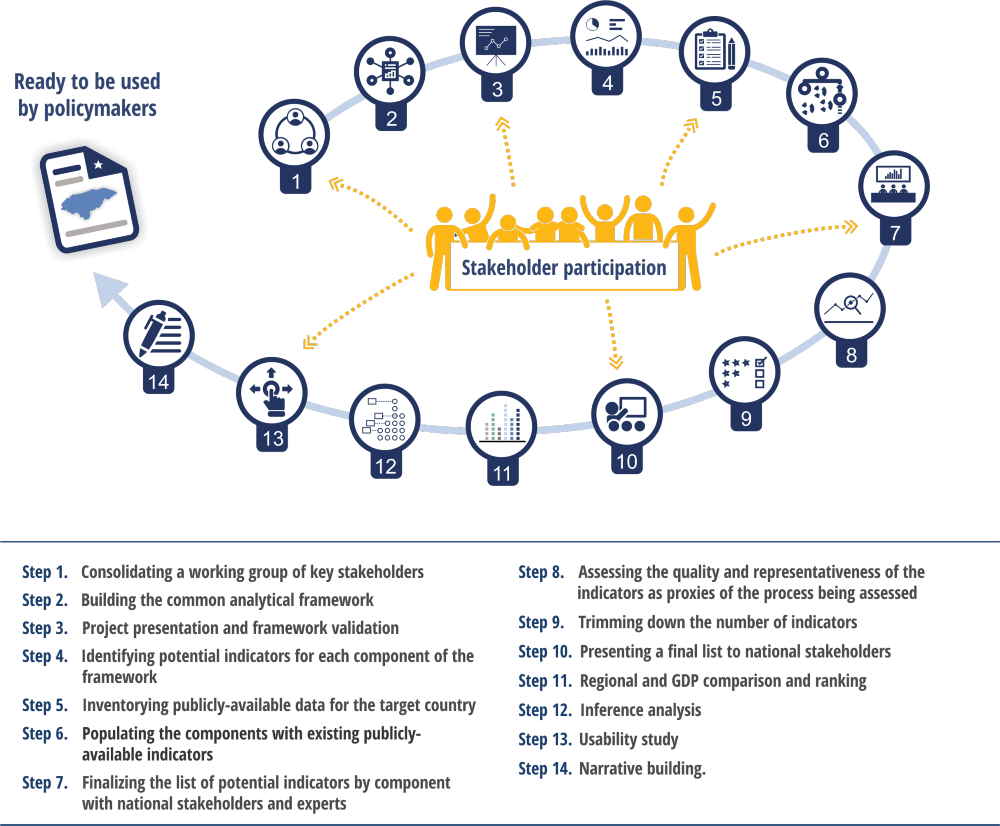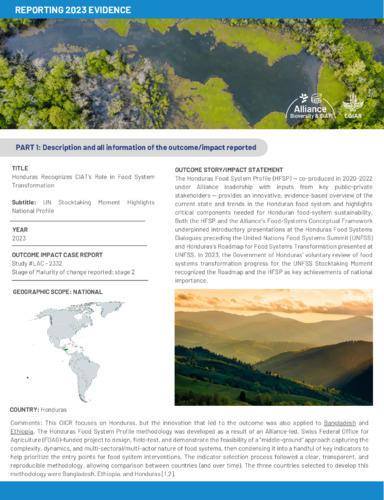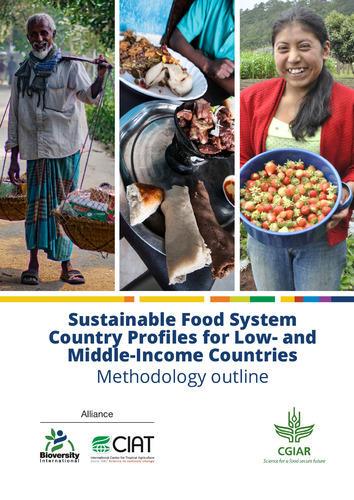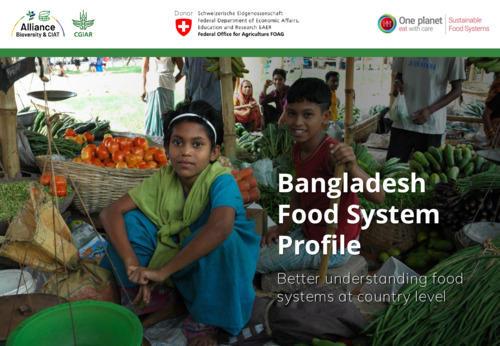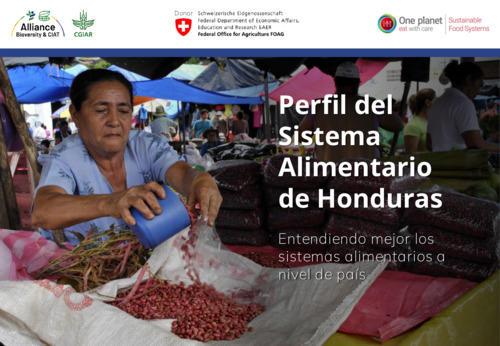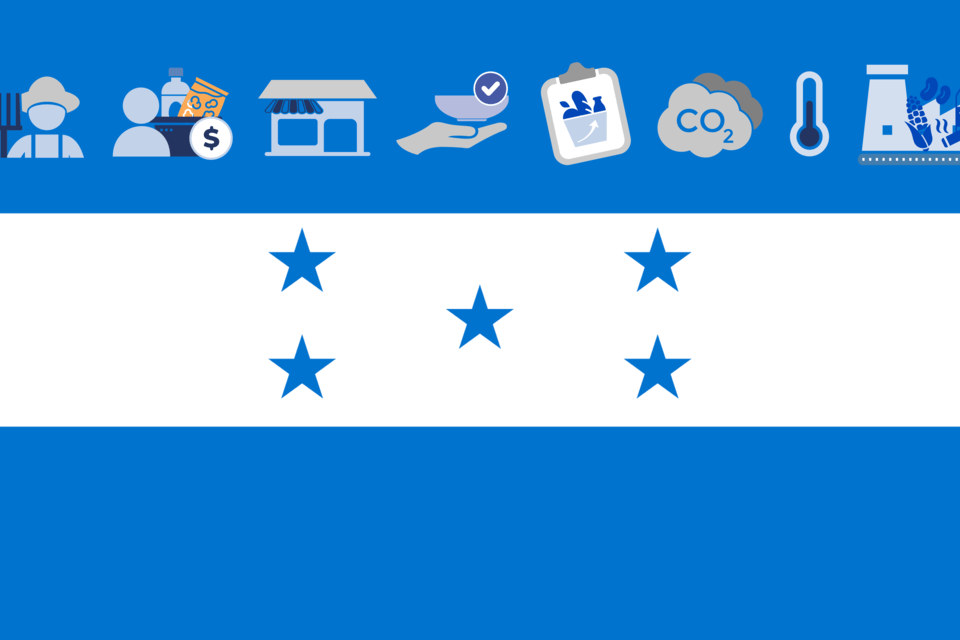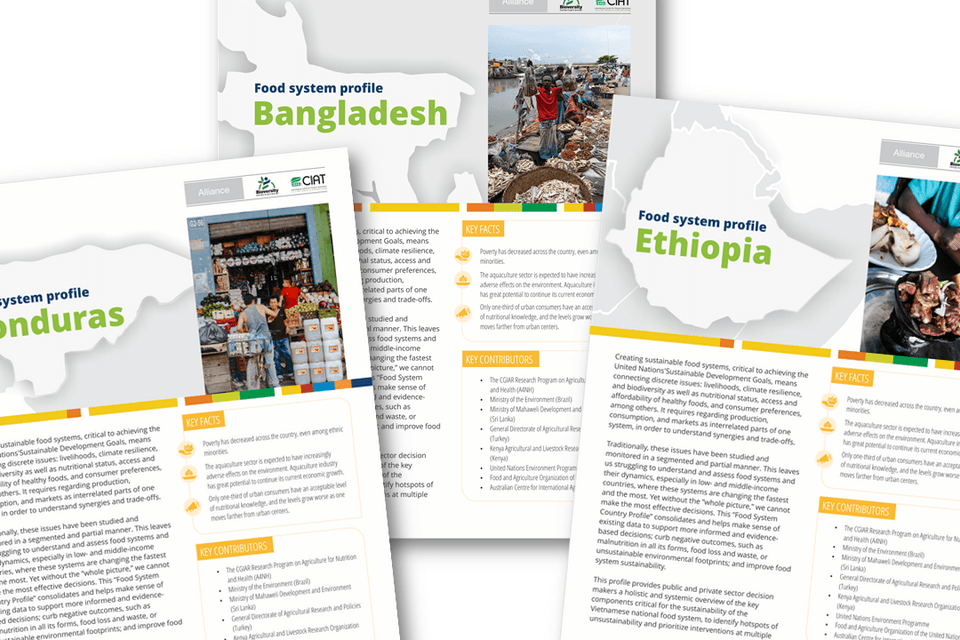Food System Country Profile - Better understanding food systems at country level
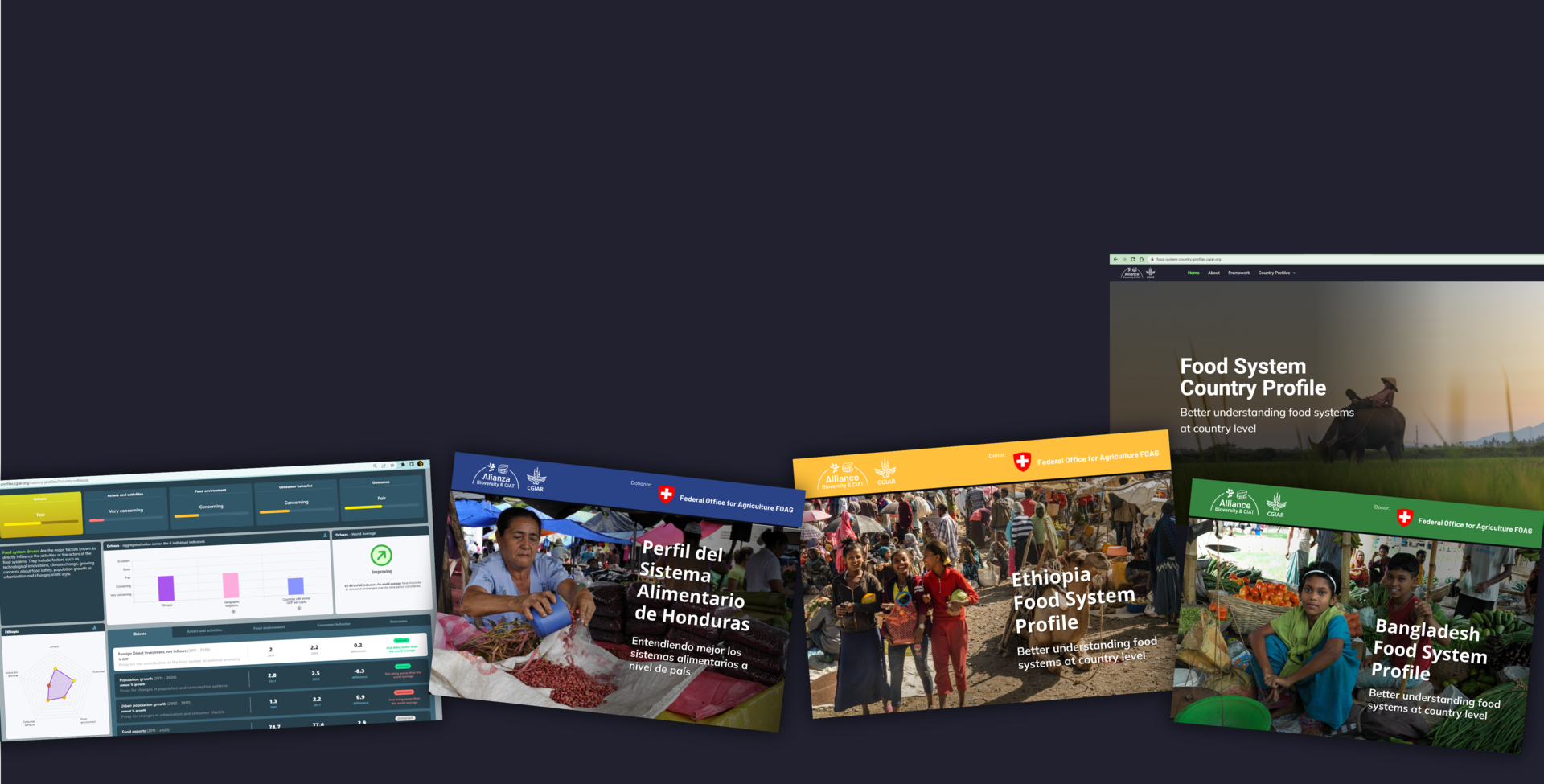
A Food System Country Profile is a condensed analysis that synthesizes in a clear, concise and graphic fashion the critical information necessary for public and private decision-makers to obtain a holistic/systemic but synthetic overview of the components that are recognized to be critical for the sustainability of countries’ food systems.
This profile brings together the following five key-components of food systems:
- Food system drivers
Those are the major factors known to influence directly the activities or the actors of the food systems. They include factors such as technological innovations, climate change, growing concerns about food safety, population growth or urbanization and changes in life style.
- Food system actors and activities
This component includes five major types of activities and their actors: food production, storage and distribution, food processing and packaging, and retail and marketing.
- Food Environment
This refers to the different interacting processes that directly influence key characteristics of food, including their availability, quality, affordability or safety.
- Consumer behavior
What people choose to buy and to eat does not depend only on the food environment, it also reflects people’s taste and preference, their socio-economic characteristics (for instance their income or education level) as well as their cultural identities (“who they are”).
- Food system outcomes
Those outcomes can be grouped into four major categories: the environmental, nutrition and health, economic, and social impacts of food systems. Those different outcomes are generally characterized by trade-offs (meaning we can’t always maximize everything), and many of the key decisions that are made by policy makers need to account for those trade-offs to avoid unintended consequences.
The strength of the process lies in the fact that the protocol is based on:
A rigorous methodology which includes...
• A set of 10 inclusion / exclusion criteria applied to identify potential indicators for each of the five key components of the food system.
• A transparent methodology used to select the sub-group of 30 indicators that will eventually be retained in each of the country profile.
• A process based on a framework that is common to all countries, which allows for regional / global comparison and offers potential for inferential analyses.
A participatory process...
From step 1, each country’s country profile is designed and constructed with input from the national stakeholders. This is a fundamental distinction with other initiatives which propose similar food systems profiles but are designed ‘behind close doors’ by experts or academics, without any input from the stakeholders. In our case stakeholders provide feedback and validation at every step.
The choice of the indicators is completely bottom-up...
Not just in the sense that it involves stakeholders from the outset but also because it is designed to capture and include countries’ food system specificities and unique context.
In what context is this tool useful?
Country profiles are more than a simple compilation of national indicators. An important feature of the country profiles is that they are co-produced with key public and private food system stakeholders engaged in both identifying the data and validating results and
emerging key messages. We developed a conceptual framework to guide the various discussions that were organized between the project team and the country stakeholders as part of the overall process of co-selecting the appropriate indicators necessary to build the country food system profile. This participatory process was structured into a clear and transparent 14-step protocol which provides one of the most rigorous, yet participatory, process available on food system overview – see details in the methodology document.
